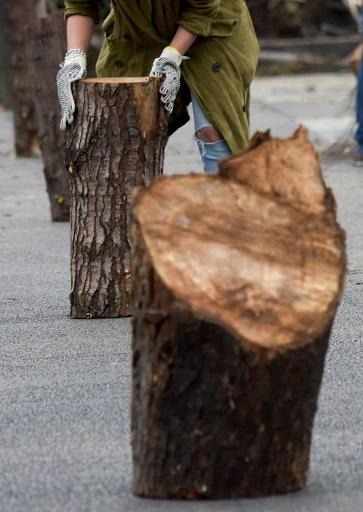Belium's ecological footprint jumped by 30% between 2013 and 2017, according to a WWF study published on Thursday. The surfaces worldwide used for imports into Belgium (wood, soy, beef, cocoa, palm oil, coffee and rubber) are three times greater than the country itself. Yet 40% of these imports come from countries "at high or very high risk of deforestation".
Belgian’s import of these seven raw materials related to forest degradation account for 10.4 million hectares per year, one third being for Belgian consumption (the remainder is re-exported). Just under half - 4.2 million hectares - are located in countries already highly deforestated, according to a study by 3Keel (research consultancy specializing in sustainable business practices) on behalf of WWF-Belgium.
Brazilian and Argentinean soybeans, Côte d’Ivoire cocoa, Indonesian palm oil and Russian wood and pulp, are especially implicated.
Soybeans alone – major cause of deforestation - that are imported into Belgium represent nearly 1.3 million hectares. This legume is used mainly for animal feed but also increasingly in the production of agrofuels.
The report does not reveal how many hectares have actually been deforested for Belgium, but concerning the countries generally, "the destruction of forests and savannahs extremely rich in natural biodiversity, for the benefit of agriculture or cutting wood, is widely documented and often associated with corruption, land monopolization and violation of indigenous peoples' and workers' rights," the WWF stated.
The environmental organization calls on the authorities to support "a European law against imported deforestation" and to implement a national strategy. Companies should require "zero deforestation generation".
Consumers are little informed but can act nevertheless by favouring biological locally-bred meat, second hand or recycled products, as well as fair trade products.

